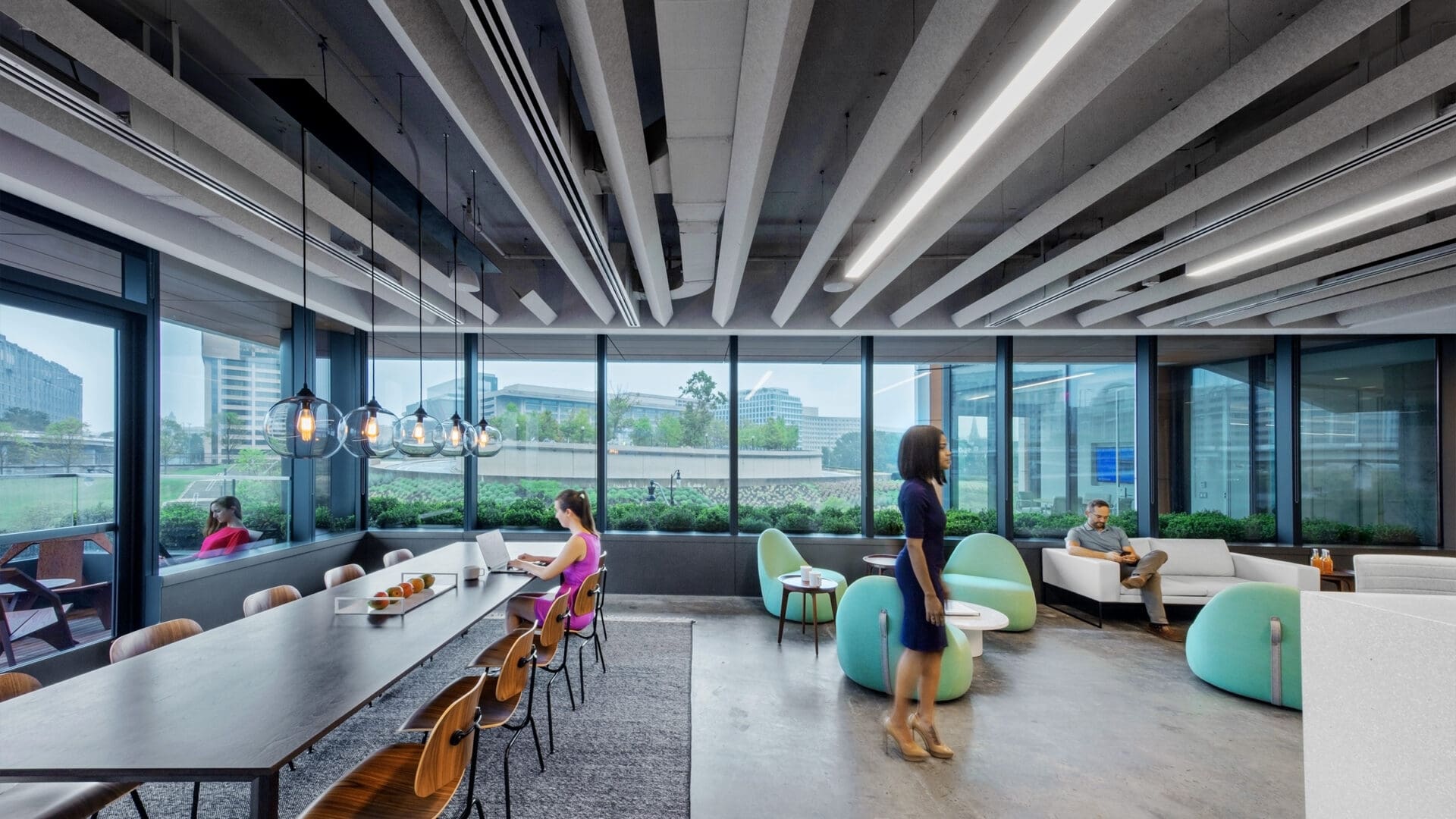If you’re a building owner or developer in DC, Maryland, or Virginia, you’ve likely come across commissioning requirements in your local energy code – or had an AHJ bring it up during project review. But commissioning isn’t just a checkbox to meet code. Done right, it’s one of the most valuable steps you can take to ensure your building performs as it should, from day one.
Commissioning is a quality-focused process that verifies and documents that your building’s mechanical, electrical, and plumbing (MEP) systems are designed, installed, tested, and capable of being operated and maintained according to your needs. It begins early (ideally in design) and continues through construction, occupancy, and operation. At GHT, we see it as a critical part of our mission: delivering efficient, high-performing, and sustainable buildings that meet today’s energy standards and tomorrow’s expectations.
In our region, commissioning is required by DC’s Green Building Code, the Virginia Energy Conservation Code, and many Maryland jurisdictions. But beyond compliance, it offers a return on investment by reducing energy use, preventing costly system failures, and improving occupant comfort and wellness.
Commissioning requirements vary across the DMV.
In Washington, DC, commissioning is mandated for new construction and major renovations under the DC Green Construction Code and Energy Conservation Code, and includes both base building systems and certain interior scopes.
In Maryland, requirements depend on the jurisdiction — counties like Montgomery and Prince George’s have adopted versions of the International Green Construction Code (IgCC), which include commissioning provisions.
In Virginia, the Virginia Energy Conservation Code requires commissioning for new commercial buildings and additions above a certain size, with specific focus on HVAC, lighting controls, and service water heating systems.
Whether you’re in DC, MD, or VA, GHT can help navigate local codes and ensure your project stays compliant and performs as expected.
So what’s the difference between Fundamental Commissioning and Enhanced Commissioning?
Fundamental Commissioning is the baseline required by energy codes and most green building standards. It includes verifying the performance of energy-related systems – like HVAC, lighting controls, and domestic hot water – during design, construction, and occupancy.
Enhanced Commissioning goes a step further. It adds scope and value by involving the commissioning agent earlier in design, reviewing submittals, performing functional testing in multiple phases, training building operators, and following up after occupancy to make sure the building is still running as intended. Enhanced Commissioning is often pursued for LEED projects or owners focused on long-term performance and energy efficiency.
At GHT, we commission both base building systems and interior spaces, because systems must work together to function properly. Without coordination, even the best-designed buildings can fall short. Commissioning helps uncover hidden issues, fine-tune equipment, and confirm your building will operate as intended – not just how it was designed on paper.
In short: commissioning is how GHT makes sure the buildings we help design actually work. It’s how we help clients meet sustainability goals, comply with code, and deliver high-performing, energy-efficient spaces that are ready from day one.
Want to learn more about how commissioning supports your project? Stay tuned – we’re breaking it down in our upcoming series.
